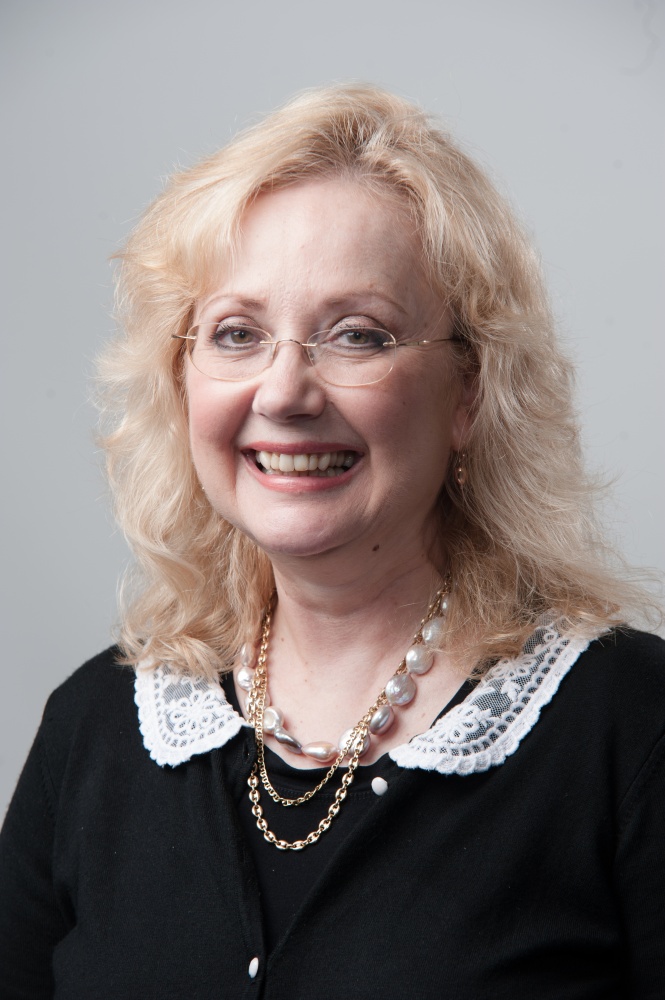Hashtag – the official children’s word of the year
Date 16.11.2015

Dr Gerri Kimber, Senior Lecturer in English at the University of Northampton, gives her verdict on the news that Hashtag has been named Children’s Word of the Year:
500 WORDS is the BBC Radio 2 Breakfast Show’s short story writing competition for children aged 13 and under, launched by Chris Evans in 2011. Earlier this year, children were invited to compose an original work of fiction using no more than 500 words. Oxford University Press (OUP) analysed the entries using its Oxford Children’s Corpus – a large electronic database of children’s language – the only one of its kind in the world.
OUP explained how Hashtag – and the symbol used to represent it ‘#’ – is the Children’s Word of the Year, owing to its significant shift in usage by children writing in this year’s competition. The symbol is entering children’s vocabulary in a new way, as they have extended the use from a simple prefix or a search term on Twitter, to a device for adding a comment in their stories. One imaginative entrant wrote: ‘She then picked it up and ran out of the cave… the cave exploded and she didn’t look back at it exploding, she just kept on walking forward # super cool’. Another wrote: ‘The only thing I knew for sure was that I was going to get eaten (# frightened!!!)’.
Vineeta Gupta, Head of Children’s Dictionaries at Oxford University Press, said: “Language is constantly changing and adapting. Children are true innovators and are using the language of social media to produce some incredibly creative writing. What impresses me most is how children will blend, borrow, and invent words to powerful effect and so enrich their stories.”
Evans himself said the research showed “just how incredibly creative children can be”. He added: “They are so often at the forefront of both adopting, and adapting to, new language trends and using them in all manner of inventive ways. It’s clear that storytelling remains a hugely important part of child’s life and that we as parents should do whatever we can to help them enjoy the worlds they create on paper.”
The Guardian reported on more details of the OUP research, which although identifying considerable change, “also showed that some things do not change, particularly when it comes to gender. The analysis shows girls will write enthusiastically about cupcakes, unicorns and marshmallows. Boys are more excited about burgers, space, cars and farting.” The gender divide is apparently still flourishing!
I’ve certainly not seen “hashtag” used in a scholarly literary essay, nor would I encourage its use in that medium. Language usage is constantly evolving, but changes to formal English – as used in essay writing, for example – are much less prevalent. Conversational language, however, is an entirely different matter, and as many of our “conversations” now take place via texts and emails, the language and conventions used there naturally seep into our everyday verbal conversation, and thereby into creative endeavours, as the 500 WORDS competition for children demonstrates so clearly!